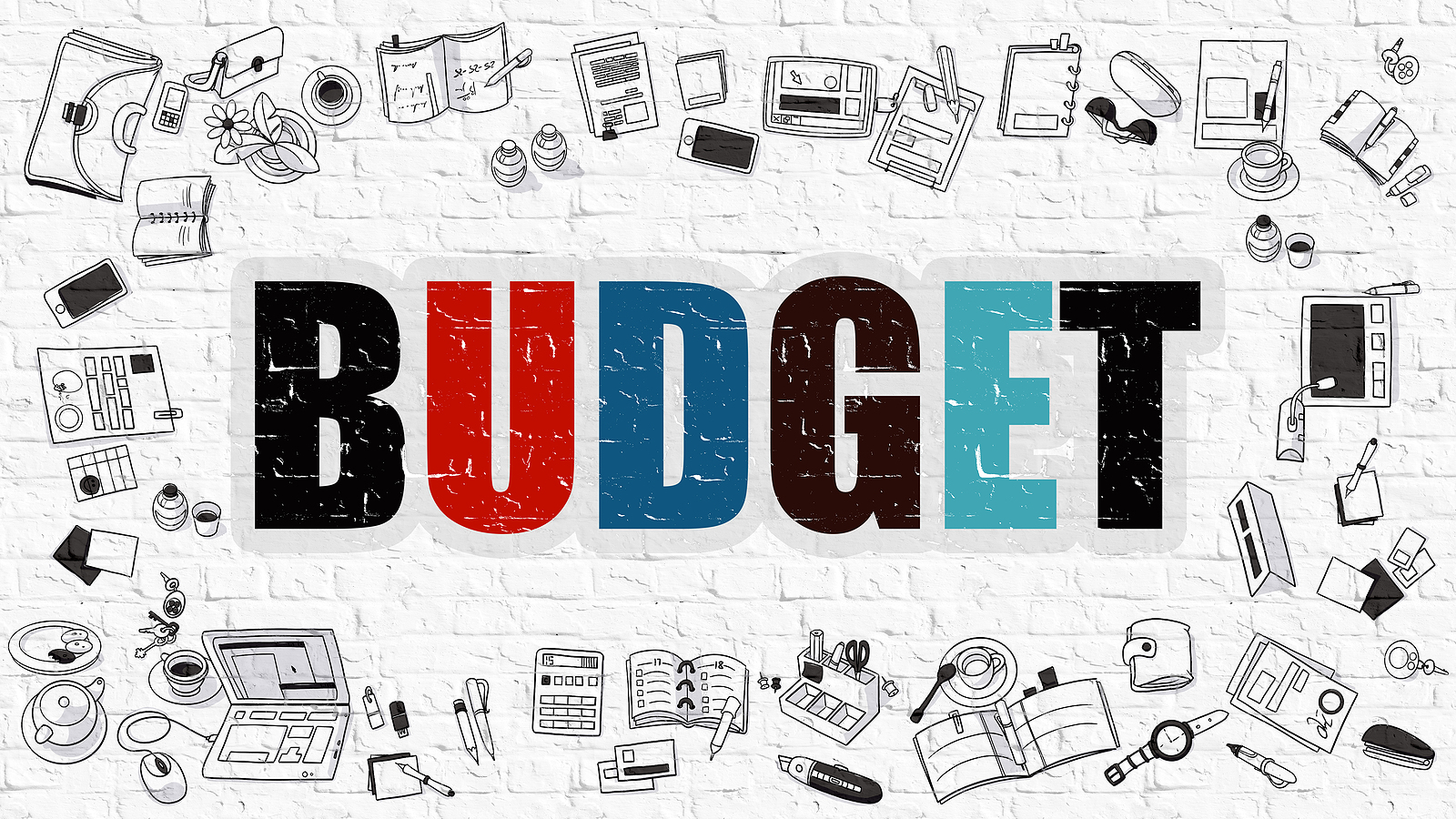Last year, we wrote a blog titled, "Demystifying the HOA Budget Process: A Roadmap to Financial Stability." Over the last month, we have been heavily involved in " Budget Season" at Priestley Managment Company. We thought it would be beneficial to review how go through the budget process and what you HOA can do to set a sucuessful and accurate budget.
Homeowners' Associations (HOAs) play a crucial role in maintaining the overall aesthetics, amenities, and property values within a community. A well-managed HOA budget is the foundation of financial stability, ensuring that the association can meet its obligations and provide essential services to its residents. In this blog, we will delve into the HOA budget process, shedding light on its importance, key steps, and tips for creating a successful budget.
A well-planned HOA budget is essential for several reasons. Firstly, it provides transparency to homeowners, allowing them to understand how their dues are allocated and how the funds contribute to the community's well-being. Secondly, it ensures that the HOA can cover regular maintenance, repairs, and improvements, thereby maintaining property values and enhancing the quality of life for residents. Lastly, an organized budget helps prevent financial crises and potential special assessments that could burden homeowners.
Key Steps in the HOA Budget Process
- Budget Preparation: The first step in the budget process is to gather essential financial data and projections. Review historical financial statements, analyze previous budgets, and consider factors such as inflation, potential capital projects, and changing regulations. This step sets the foundation for the entire budgeting process.
- Estimate Operating Expenses: Operating expenses include routine costs like landscaping, utilities, insurance, administrative expenses, and professional fees. Accurate estimation is crucial, and it is beneficial to consult with vendors, contractors, and other experts to obtain reliable figures.
- Reserve Fund Analysis: The reserve fund is crucial for handling significant repairs or replacements of common elements like roofs, pavements, or elevators. A reserve study should be conducted to determine the appropriate funding level based on the community's needs and age of assets.
- Income Assessment: Assess the sources of income, mainly HOA dues and any other revenue streams, such as fines, late fees, or interest on investments. Ensure that the projected income is realistic and adequate to cover the planned expenses.
- Prioritize Transparency: Maintain open communication with homeowners throughout the budget process. Communicate to the membership when there expected changes to assessments to allow homeowners to budget their personal finances. Be available to discuss the budget, address concerns, and answer questions.
- Long-Term Planning: Incorporate long-term financial planning into the budget process. Allocate funds for future capital projects, and regularly update the reserve fund study to ensure it aligns with the community's needs.
- Encourage Homeowner Participation: Homeowners should feel engaged in the budget process. Encourage participation and welcome constructive feedback to foster a sense of community ownership.
The HOA budget process is a critical aspect of community management, ensuring financial stability and maintaining property values. By following the key steps and incorporating best practices, HOAs can create effective budgets that meet the needs of the community and ensure a prosperous future. Transparency, communication, and careful planning are the cornerstones of a successful HOA budget, enabling residents to enjoy a harmonious and well-maintained living environment.


 square smaller.jpg)